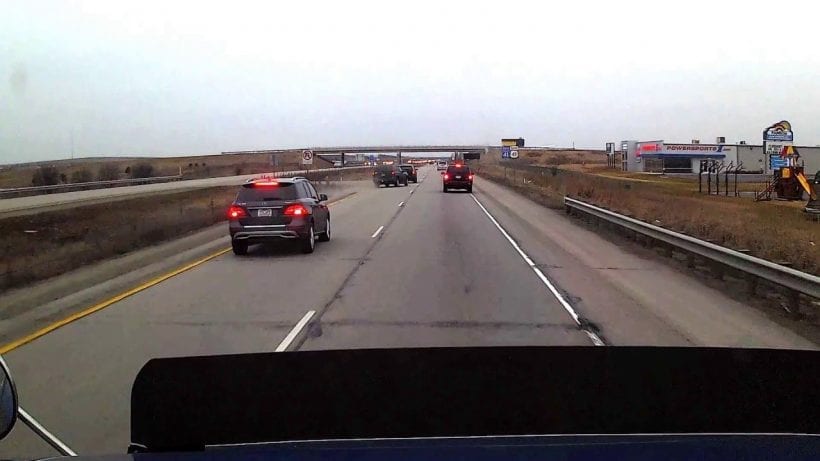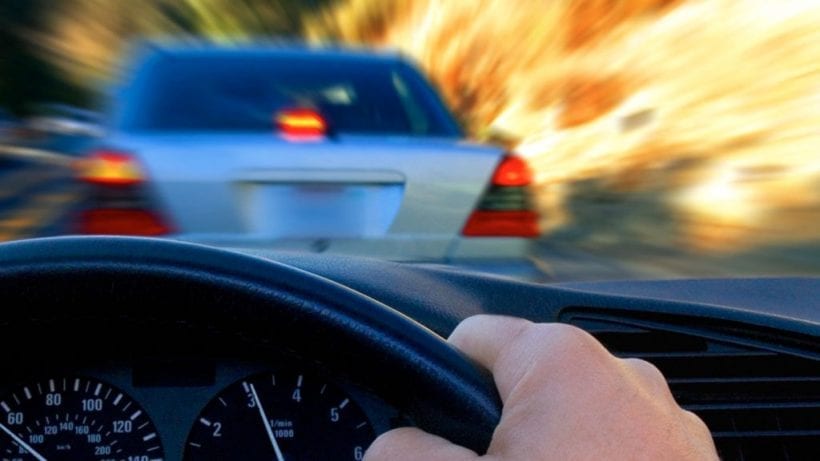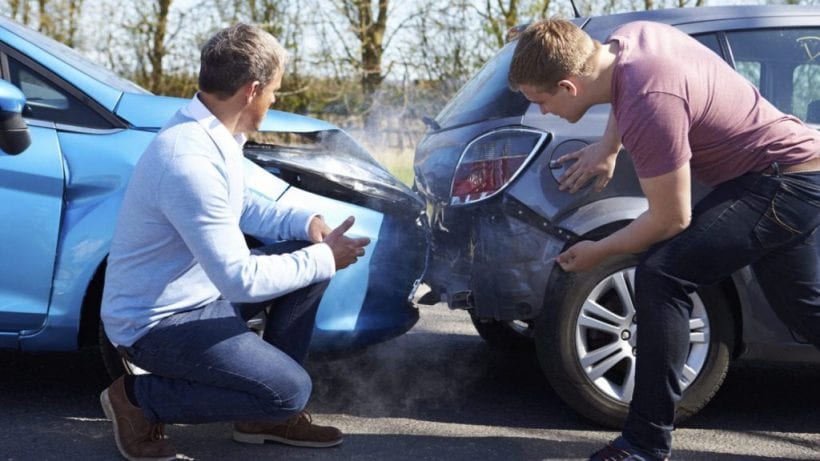Road rage is in the news pretty much every day. People seem to lose control of their emotions while driving and engage in all sorts of dangerous behavior that puts others around them at risk. Getting stuck in heavy traffic that never seems to move forward, daily stresses, and tailgating can trigger road rage in an instant. From screaming at the driver in the next car or making rude gestures, things can easily escalate into violence and violent acts in no time, with the car itself or a dangerous weapon thrown into the mix.
Is brake check an act of road rage?

It is, and, since it’s a form of reckless driving, it is illegal. And anyone that intentionally puts others at risk, needs to be taken off the road.
What exactly constitutes a brake check?
Brake check, or brake testing, is the act of deliberately and unnecessarily braking hard in order to force other drivers to take evasive actions. Obviously, there are instances where the driver ahead of you is forced to brake suddenly, like if a small child runs after a ball to the middle of the road or if there is an animal or a big item in the middle of the road.
Is there anything you can do to prevent being the victim of a brake check?
To begin with, avoid tailgating the vehicle in front of you. This action will certainly end up putting you at risk. It probably will annoy the driver in front of you while also reducing the amount of space you have in front of you should you suddenly need to apply your own brake.
You know that, when the car in front of you suddenly stops, you have barely a second to react. Responding any slower can result in you rear-ending whoever is in front of you. Make sure to drive carefully and keep the appropriate distance. You may be saving your own and your passengers’ lives.
Is there anything you can do once the vehicle in front of yours brake checks?

If you are aware of your surroundings when you drive, you can probably predict the actions of the drivers around you. It may happen that a car will cut in front of you sharply, making hand signals or other aggressive actions. If you have at least a two-second distance, you may be able to stop, switch lanes or even find a safe place to pull over.
Are you at fault if you rear-end someone that brake checks you?
Not necessarily. Rear-end collisions can be the fault of either driver. In order to prove that you were not at fault, a dash cam may help if you can show the authorities that the accident happened because the other driver stopped too suddenly. If the other driver gets off the can and yells at you that they hope you learned your lesson and you can get that on your phone, that will also help. Witnesses at the scene who are willing to testify may also aid in clarifying what happened.
If you are being blamed for an accident where the other driver brake checked you, a seasoned, professional attorney from 1-800-Injured will offer you the legal help you need. 1-800-Injured is an attorney and medical referral service.

